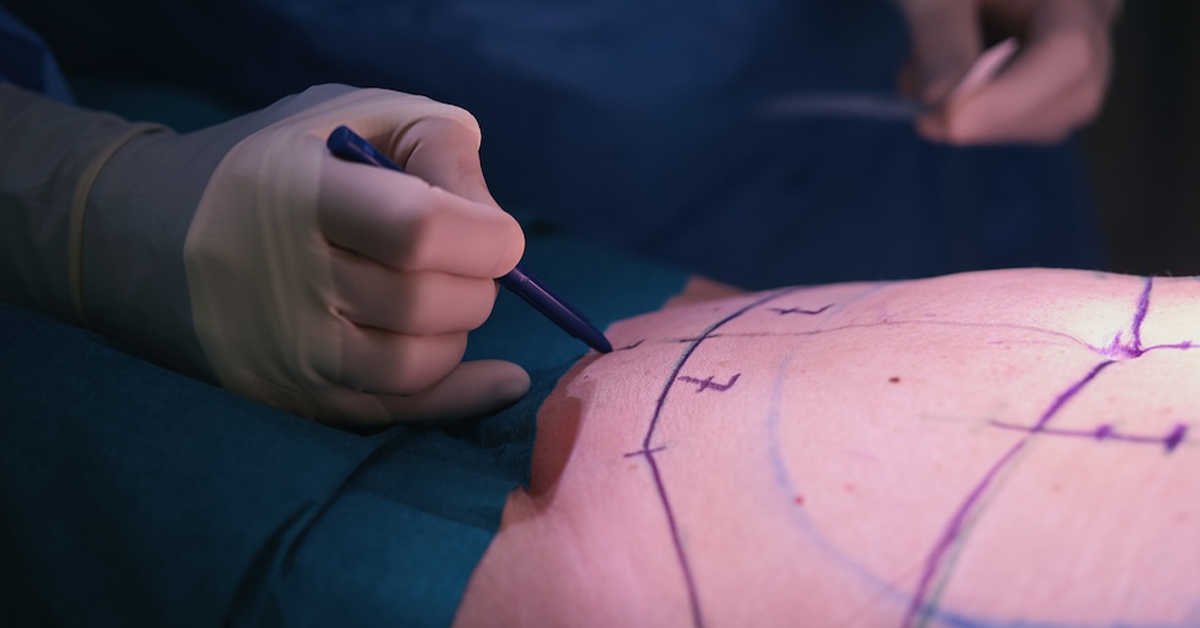Supplements to Prevent Capsular Contracture
Capsular contracture is a common complication following breast augmentation surgery. It occurs when the scar tissue around the implant tightens and hardens, leading to discomfort and potential distortion of the breast shape. While surgical techniques and implant materials have improved over the years, researchers and patients alike have shown interest in the potential of supplements to prevent or mitigate capsular contracture.
In this article, we will explore the effectiveness of various supplements, vitamins, minerals, and natural remedies in reducing the risk of capsular contracture.
What are the most effective supplements for preventing capsular contracture after breast augmentation?
Capsular contracture remains a concern for many individuals undergoing breast augmentation surgery. While surgery techniques and implant materials continue to improve, the potential role of supplements in preventing or reducing the risk of capsular contracture has gained attention. Several supplements have emerged as potential candidates for minimizing the incidence of capsular contracture. Vitamin E, for example, has been studied for its potential to reduce the formation of scar tissue, which is central to capsular contracture. Similarly, omega-3 fatty acids, known for their anti-inflammatory properties, have been suggested to potentially lower the risk of excessive scar tissue formation.
Other supplements such as bromelain, an enzyme found in pineapple, and quercetin, a flavonoid abundant in fruits and vegetables, have also been studied for their potential impact on preventing capsular contracture. It’s crucial for individuals considering breast augmentation to consult their plastic surgeon before incorporating any supplements into their regimen, as certain supplements may interact with medications or pose risks during the recovery period. While research on the efficacy of supplements in preventing capsular contracture is ongoing, staying informed about the latest scientific findings can aid individuals in making well-informed decisions regarding their surgical journey.
How do supplements help in reducing the risk of capsular contracture?
The potential role of supplements in reducing the risk of capsular contracture after breast augmentation surgery lies in their ability to modulate the body’s inflammatory and immune responses. Certain supplements, such as vitamin E and omega-3 fatty acids, possess anti-inflammatory properties that may contribute to minimizing the formation of excessive scar tissue around breast implants. By targeting the inflammatory pathways involved in the development of capsular contracture, these supplements have garnered interest as adjunctive measures to complement surgical techniques and implant selection.
Moreover, some supplements exhibit antioxidant properties, potentially aiding in the maintenance of tissue health and integrity, which may indirectly influence the progression of capsular contracture. Understanding the mechanisms by which supplements interact with the biological processes associated with capsular contracture is essential in evaluating their potential preventive benefits. While the precise impact of supplements on capsular contracture risk reduction continues to be investigated, ongoing research aims to elucidate the intricate interplay between supplements and the biological pathways involved in this postoperative complication.
Are there specific vitamins and minerals that can lower the likelihood of capsular contracture development?
Certain vitamins and minerals have been proposed for their potential to lower the likelihood of capsular contracture development after breast augmentation. Vitamin D has garnered attention due to its immunomodulatory effects and its role in supporting overall immune function. Adequate vitamin D levels may contribute to a balanced immune response, potentially influencing the body’s reaction to the breast implants and the subsequent development of capsular contracture.
In addition, minerals such as zinc and selenium are involved in various cellular processes, including wound healing and immune system function. Their roles in supporting tissue health and immune function raise the possibility of their influence on the development of capsular contracture. While further research is necessary to establish definitive guidelines regarding the use of specific vitamins and minerals for the prevention of capsular contracture, understanding their potential contributions can aid in comprehensive preoperative and postoperative care strategies for individuals undergoing breast augmentation.
Can natural remedies and supplements play a role in minimizing the chances of capsular contracture?
Natural remedies and supplements have been a topic of interest in the quest to minimize the chances of capsular contracture following breast augmentation. Substances such as bromelain, derived from pineapple, and quercetin, commonly found in fruits and vegetables, have attracted attention for their potential anti-inflammatory and immune-modulating properties. These natural compounds, often available as supplements, have been postulated to influence the body’s response to breast implants, potentially impacting the formation of the scar tissue characteristic of capsular contracture.
Furthermore, certain herbal remedies and plant extracts, such as turmeric and green tea, contain bioactive compounds with antioxidant and anti-inflammatory properties that have been the subject of investigation regarding their potential in mitigating the risk of capsular contracture. While natural remedies and supplements hold promise, it is imperative for individuals to consult with their plastic surgeon before integrating these approaches into their postoperative care.
Additionally, rigorous scientific inquiry remains crucial to discern the safety and efficacy of natural remedies and supplements in the context of capsular contracture prevention in the realm of breast augmentation.
What is the significance of incorporating nutritional supplements in the prevention of capsular contracture?
Incorporating nutritional supplements in the prevention of capsular contracture following breast augmentation holds significance due to their potential to complement surgical interventions and facilitate comprehensive postoperative care. While surgical techniques and implant advancements address the physical aspects of breast augmentation, supplements offer a potential avenue to modulate the body’s biological response to the implants.
By targeting aspects such as inflammation, immune function, and tissue health, certain supplements and nutritional interventions may contribute to creating an environment less conducive to the development of capsular contracture. Moreover, supplements could play a role in supporting overall recovery and promoting tissue healing, factors that may indirectly impact the risk of capsular contracture.
Conclusion
The potential role of supplements in preventing capsular contracture following breast augmentation surgery continues to be an area of active investigation and clinical interest. From vitamins and minerals to natural remedies and nutritional interventions, various supplements hold promise in modulating the biological processes associated with capsular contracture.
Understanding how these supplements interact with the body’s inflammatory and immune responses provides valuable insight into their potential impact on minimizing the risk of capsular contracture. However, it is essential for individuals to engage in informed discussions with their plastic surgeons to navigate the potential benefits, risks, and interactions of incorporating supplements into their postoperative care.
Breast Augmentation in Miami, FL
To initiate your Breast Augmentation journey in Miami, it’s essential to schedule a consultation with our team. If you’re interested in learning more about the procedure, call us now at (305) 406-9055 or conveniently schedule a consultation online. Our experienced professionals will guide you through the process and address any concerns you may have.







